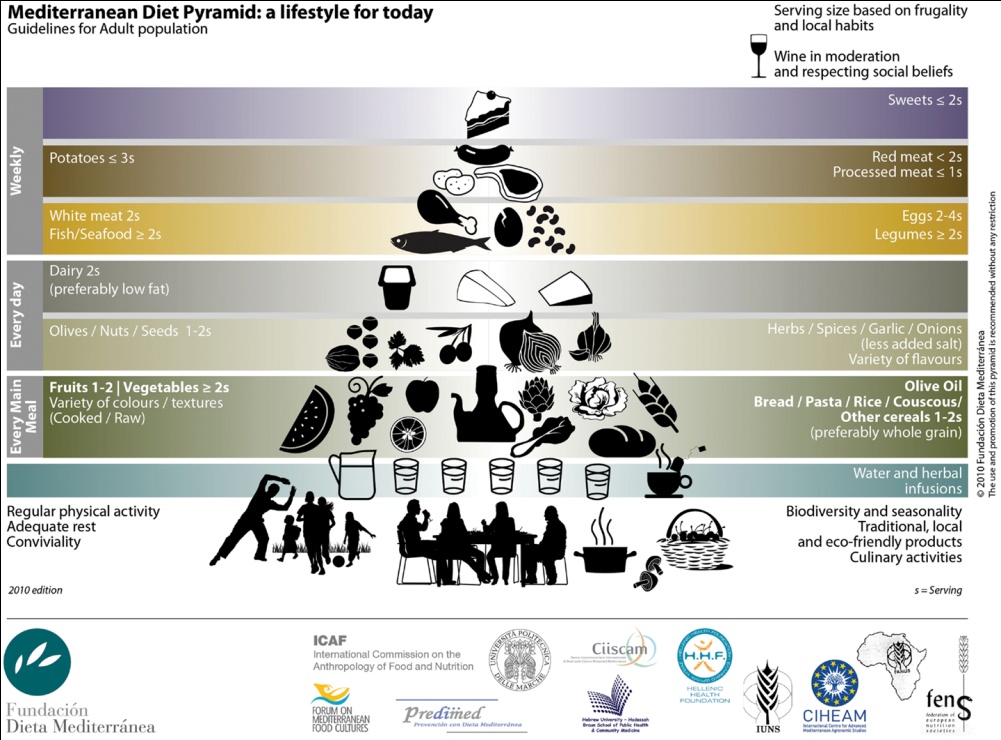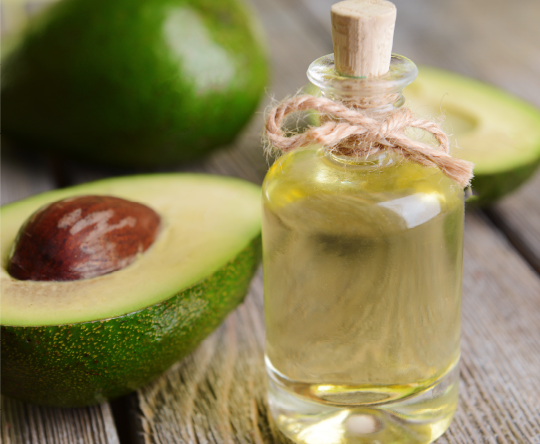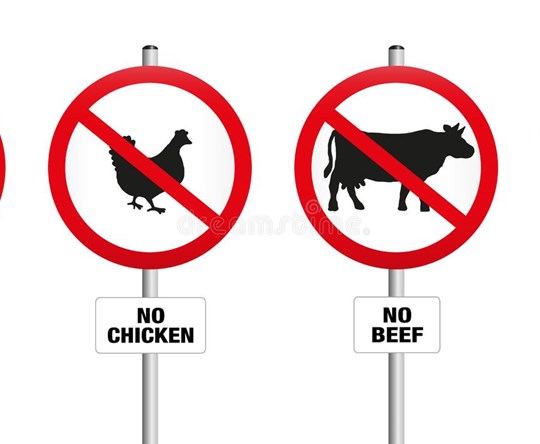 CLICK PHOTO TO ZOOM
CLICK PHOTO TO ZOOM
The term “Mediterranean Diet” was founded in 1947 by Ancel Keys, in during his attempt of outlining the beneficial nutritional habits of the Mediterraneans, especially of the Greeks that lived in Crete, which were correlated with longevity and protection against cardiovascular diseases. The Mediterranean diet is the dietary pattern, found in the olive-growing areas of the Mediterranean region in the late 1950s and early 1960s, characterizing a lifestyle and culture that has been reported to contribute to better Health, disease prevention throughout the lifespan and quality of life.
It is a plant-centered diet, predominantly consisting of:
- High amount and frequency of vegetables (as salads or cooked foods) and fruits;
- High amount and frequency of whole grain cereals, nuts and legumes;
- Habitual use (as a main source of fat) of Olive oil;
- Moderate consumption of fish and poultry;
- Low intake of dairy, red meat, sweets;
- Moderate consumption of alcohol (especially wine) (due to social and religious aspects, especially during family meals)
As the years came by, more and more surveys confirm the irreplacable contribution of this pattern in securing wellness and, consequently, a better quality of living. It was also declared as Intangible Cultural Heritage of Humanity (UNESCO, 2010), whereas, according to the Greek Ministry of Agricultural Development, it is verified that:
"The Mediterranean diet involves a set of skills, knowledge, rituals, symbols and traditions concerning crops, harvesting, fishing, animal husbandry, conservation, processing, cooking, and particularly the sharing and consumption of food. Eating together is the foundation of the cultural identity and continuity of communities throughout the Mediterranean basin. It is a moment of social exchange and communication, an affirmation and renewal of family, group or community identity. The Mediterranean diet emphasizes values of hospitality, neighbourliness, intercultural dialogue and creativity, and a way of life guided by respect for diversity. It is characterized by a nutritional model that has remained constant over time and space, consisting mainly of olive oil, cereals, fresh or dried fruit and vegetables, a moderate amount of fish, dairy and meat, and many condiments and spices, all accompanied by wine or infusions, always respecting beliefs of each Community" (UNESCO 2017, http://www.unesco.org)
Food for Specific Groups (FSGs) are foodstuffs that are specifically created (special composition or manufacturing) for specific vulnerable groups of consumers (infants and young children, people with specific medical conditions and people undertaking energy-restricted diets to lose weight) and marketed to them.
FSGs are: a) food intended for infants and young children (infant and follow-on formula, Processed-cereal based food and other baby food); b) food for special medical purposes; c) total diet replacement for weight control.
*To ensure protection of vulnerable population groups, the European Parliament and the Council regulates the content and marketing of food products. The Regulation (EU) No 609/2013 (Foods for Specific Groups) (repeals Directive 2009/39/EC and applies from 20 July 2016) has defined specific compositional and labelling rules (to ensure appropriate consumer information) for FSGs.
Infants means children under the age of 12 months .
Young children means children aged between one and three years (36 months).
"Food for special medical purposes" (FSMPs) are designed (meaning specially processed or formulated) to feed patients who, because of a particular disease, disorder or medical condition, have nutritional needs that cannot be met by consuming standard foodstuffs.
Specifically, according to EU legislation they are intended for the dietary management (exclusive or partial feeding) of patients, including infants, with a limited, impaired or disturbed capacity to take, digest, absorb, metabolise or excrete ordinary foods, or certain nutrients contained therein, or metabolites, or with other medically-determined nutrient requirements, whose dietary management cannot be achieved by modification of the normal diet alone
Note: FSMPs should be used only under medical supervision and must carry labelling information about their intended use.
(Source: FSG Regulation (EU) No 609/2013).





















